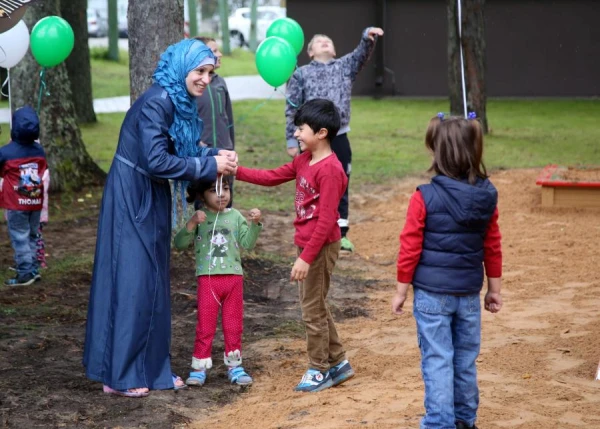
Latvia must meet the requirements of the European Union (EU) pact on migration and asylum by June of next year. The principle of solidarity enshrined in the pact stipulates that member states will have to make a choice: accept a certain number of migrants or pay for refusal.
As reported by the Latvian television program "de facto", Latvia intends to use a third option - to provide support measures. The justification for this choice is Latvia's contribution to the protection of the EU's external border. This year, the number of people placed in two centers of the Office of Citizenship and Migration Affairs - "Mucenieki" and "Liepna" - has increased. Last year, 732 people stayed in the centers throughout the year. This year, there are already 895. The time that asylum seekers spend in these centers awaiting decisions is also increasing. In 2023, the average length of stay was 220 days, while in 2024 it is expected to be 278 days.
By June of next year, Latvia will have to comply with the conditions of the European Pact on Migration and Asylum, agreed upon by the European Council last year. However, in Latvia, work on amendments to the immigration law and a new asylum law is still ongoing at the working group level. "As for the laws, there are no options; they must come into force on June 12 of next year, otherwise Latvia will automatically face penalties," stated Lieutenant Colonel Mareks Honyavko from the State Border Guard.
European requirements will necessitate the introduction of a new verification procedure. Border guards will need to establish the identity of migrants, enter data into an information system, and provide them with housing, food, and medical services during the verification period. Migrants will also need to be provided with free legal assistance from the first moment. Latvia plans for the verification to take three days. This will be followed by an expedited review of the asylum application, with a maximum duration of five months.
Edgars Olševskis, a lawyer at the Latvian Centre for Human Rights and a lecturer at the Turība University, believes that such a procedure at the border will increase the risks of deportation. The most politically sensitive part of the migration pact is the solidarity mechanism. Specifically, all states must provide solidarity assistance to those countries experiencing stronger migration pressure - either by accepting a certain number of migrants or by paying 20,000 euros for each migrant not accepted. The third option involves providing technical support of a similar volume.
Interior Minister Rihards Kozlovskis acknowledged that Latvia, like Poland, does not wish to accept migrants or pay them money. Instead, the state is ready to provide support with equipment or specialists.



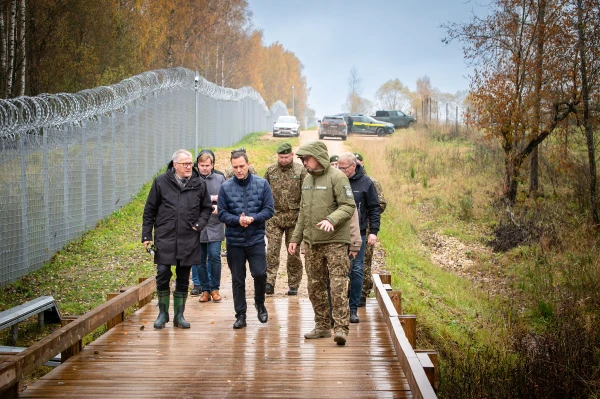


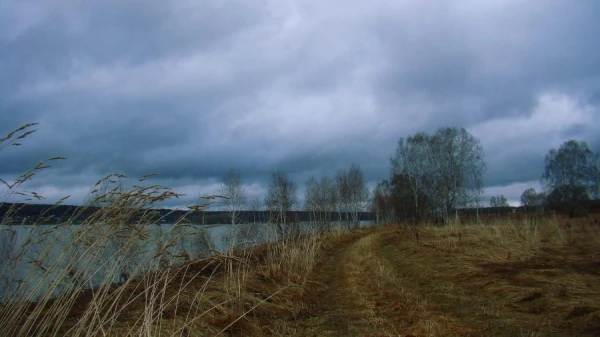


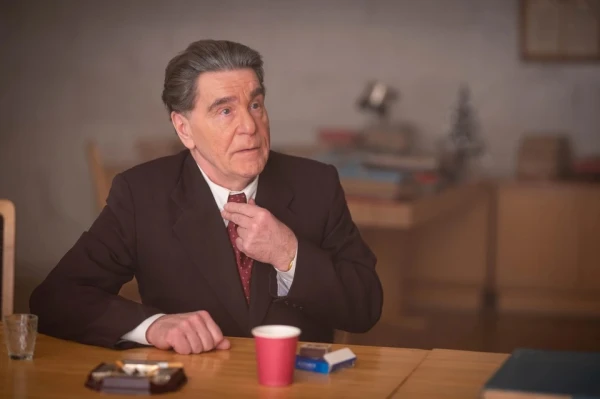
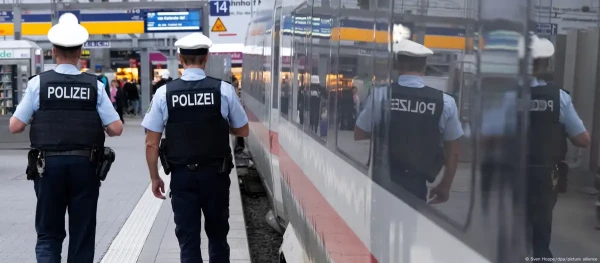

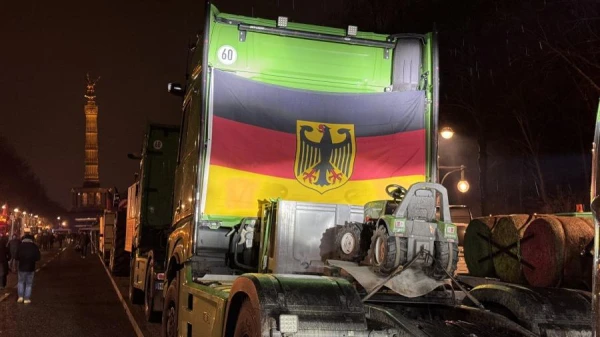

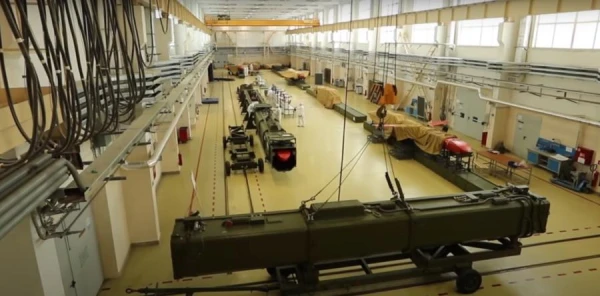
Leave a comment